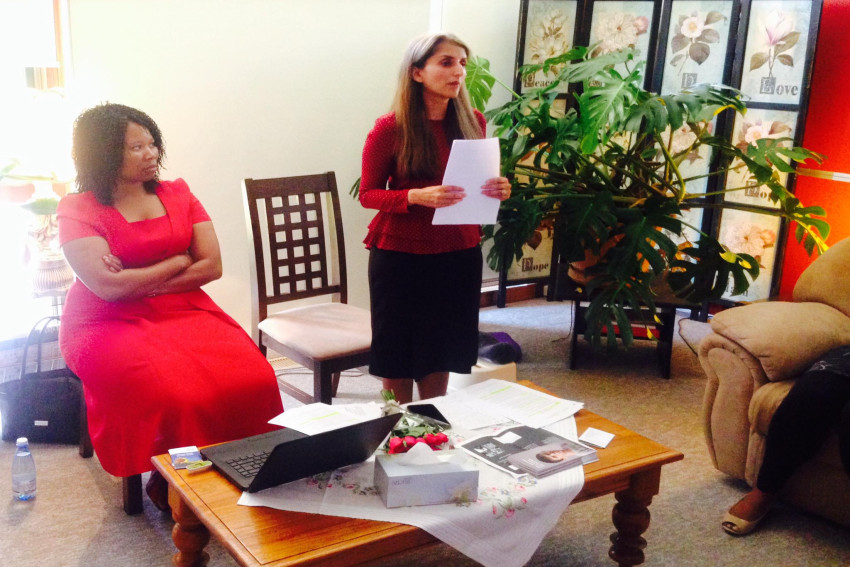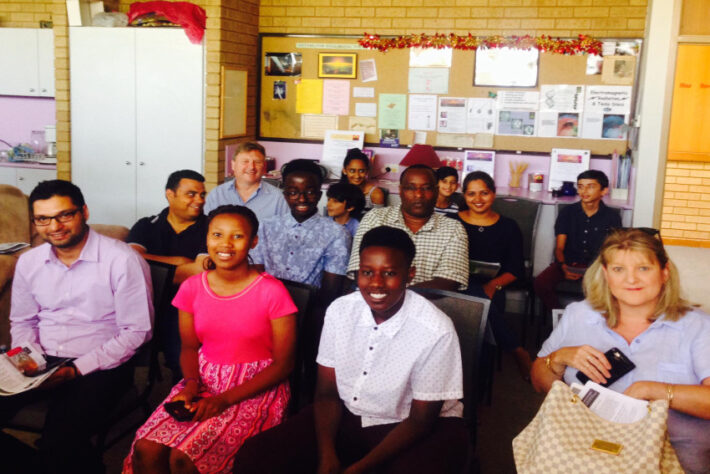Bullying and Mental Health Awareness: It’s Time to Break the Silence

In a world that is more connected than ever before, it’s heartbreaking that so many individuals still feel isolated, targeted, and alone. Bullying remains a pervasive issue across schools, workplaces, and online spaces—often leaving deep emotional scars that can last a lifetime. What many people overlook is the undeniable link between bullying and mental health.
What Is Bullying?
Bullying is more than just “kids being kids.” It’s a pattern of aggressive behavior—physical, verbal, or psychological—that is intended to intimidate, harm, or dominate another person. It can happen in-person or through digital platforms (cyberbullying), and no one is immune: children, teenagers, and adults can all become victims or perpetrators.
Forms of Bullying include:
- Physical: Hitting, pushing, or damaging property
- Verbal: Name-calling, threats, or cruel teasing
- Social/Emotional: Spreading rumors, exclusion, or public humiliation
- Cyberbullying: Harassment through text messages, social media, or online forums
The Mental Health Impact
Victims of bullying often suffer in silence, fearing retaliation or not being believed. Over time, the emotional toll can become overwhelming. Numerous studies have shown that bullying is directly linked to a range of mental health issues, including:
- Depression and anxiety
- Low self-esteem and self-worth
- Sleep disturbances
- Self-harm or suicidal thoughts
- Post-Traumatic Stress Disorder (PTSD)
The scars of bullying may not always be visible, but they are real—and they can be devastating.
The Ripple Effect
It’s not just victims who suffer. Witnesses of bullying often experience guilt, fear, or anxiety, while bullies themselves are more likely to engage in risky behaviors and face long-term emotional problems if their actions go unchecked. Bullying affects entire communities, creating environments of fear and distrust.
Raising Awareness: What Can We Do?
- Start Conversations
Talking about bullying and mental health helps break the stigma. Encourage open dialogue at home, in schools, and online. Let people know it’s okay to speak up. - Educate and Empathize
Awareness programs in schools and workplaces can teach empathy, conflict resolution, and the impact of bullying on mental health. - Support Victims
Offer a listening ear, validate their feelings, and guide them to professional help if needed. No one should ever feel alone in their pain. - Promote Safe Spaces
Foster environments—physical or digital—where people feel safe, seen, and respected. Encourage kindness and zero tolerance for harassment. - Stand Up, Not By
Bystanders have power. Speak out, report abuse, and support those who are being bullied. Silence often enables the bully.
Seeking Help Is a Strength
If you or someone you know is struggling due to bullying, don’t hesitate to seek help. Talking to a counselor, therapist, or trusted adult can make a significant difference. Healing is possible, and no one should carry the weight of bullying alone.
In Conclusion
Bullying is not just a “phase” or “rite of passage.” It’s a serious issue with serious mental health consequences. By raising awareness, supporting each other, and fostering compassion, we can create a world where no one has to suffer in silence.
Let’s stand together against bullying. Let’s stand together for mental health.



Aute mi ut suspendisse velit leo, vel risus ac. Amet dui dignissim fermentum malesuada auctor volutpat, vestibulum ipsum nulla.
Sed reprehenderit quam, non felis, erat cum a, gravida lorem a. Ultricies in pellentesque ipsum arcu ipsum ridiculus velit magna, ut a elit est. Ultricies metus arcu sed massa. Massa suspendisse lorem turpis ac.
Massa suspendisse lorem turpis ac. Pellentesque volutpat faucibus pellentesque velit in, leo odio molestie, magnis vitae condimentum.